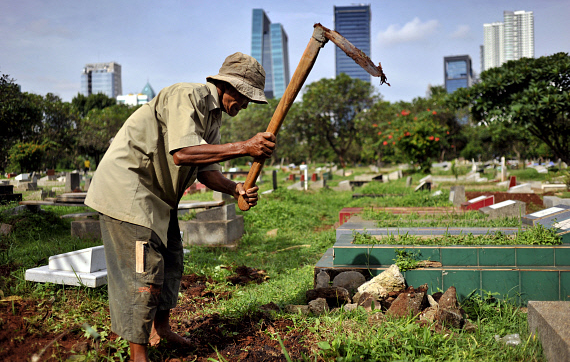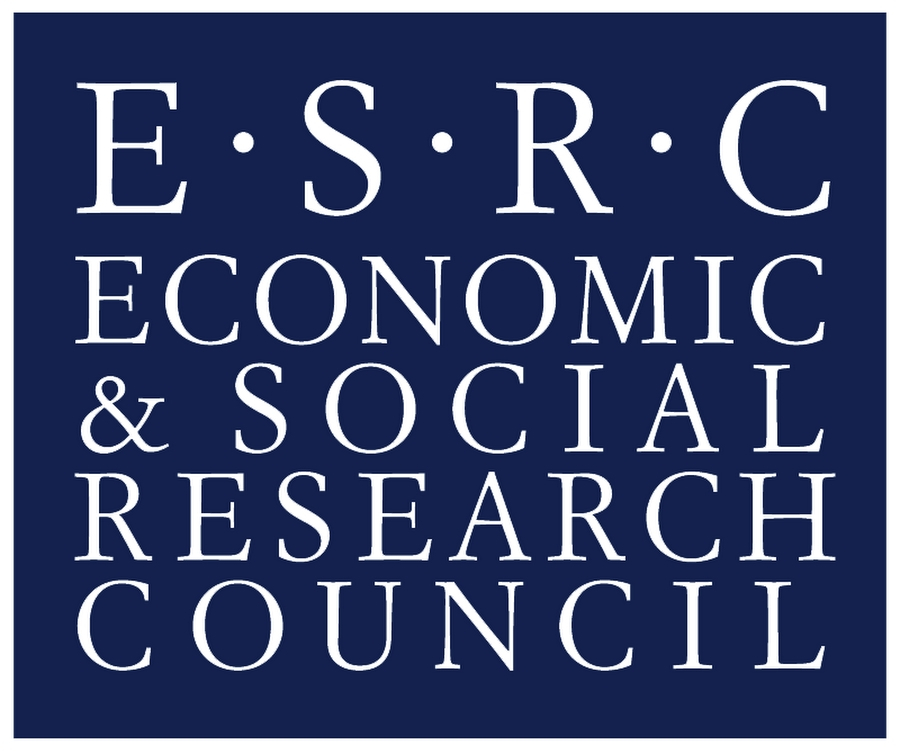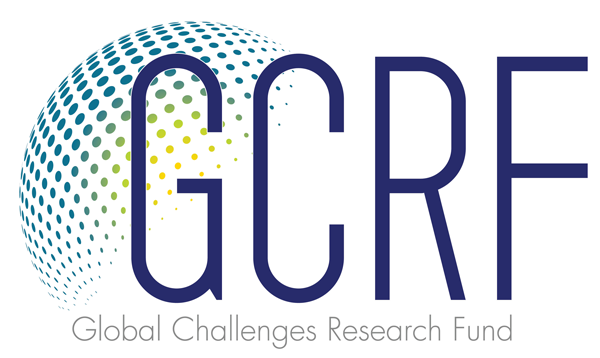
This week’s blog is a new call for papers for the annual Development Studies Association conference. The theme this year is global inequalities and we’re convening a panel. The deadline for abstracts is 9 March.
Most of the world’s poor live in countries that have since the Cold War experienced rapid economic growth and substantial rises in average income per capita, unequivocal structural change of GDP, employment and exports away from agriculture, and an increase in income disparities between the richest and the poor.
The UN goal of ending global poverty by 2030 will require that high growth rates are sustained and that growth is inclusive and shared across society. High and sustained growth is best driven by structural change. However, structural change is associated with rising disparities between the rich and poor. In contrast, inclusive growth is best achieved with steady or falling inequality to maximize poverty reduction.
How to manage this tension between structural change and inclusive growth is a crucial contemporary question for developing countries as they seek to end poverty as well as to pursue economic development (see GPID Brief 1 on what is the ‘developer’s dilemma’ and GPID Brief 4 on the empirical relationship between structural change, inequality, and poverty).
The ESRC Global Poverty and Inequality Dynamics (GPID) Research Network is convening an academic panel at the 2018 conference of the Development Studies Association (DSA). The conference will take place on 27-29th June at the University of Manchester, UK, and will focus on the theme of ‘Global inequalities’.
The panel encourages paper proposals from PhD students and early career researchers to address this tension through the following questions:
- What model of economic development would ensure rapid economic growth and structural change with an expanding share of national income for the poor?
- How are governments to use public policy to manage this fundamental tension?
- Where is political mass support for the processes that drive structural change to come from?
- Which economic and institutional arrangements mediate the inherent socio-economic trade-offs of structural transformations in the most equitable way?
Help us explore those questions by submitting a paper proposals on any of the themes above. The deadline for paper proposals is 9 March and abstracts can submitted via the DSA online system.

